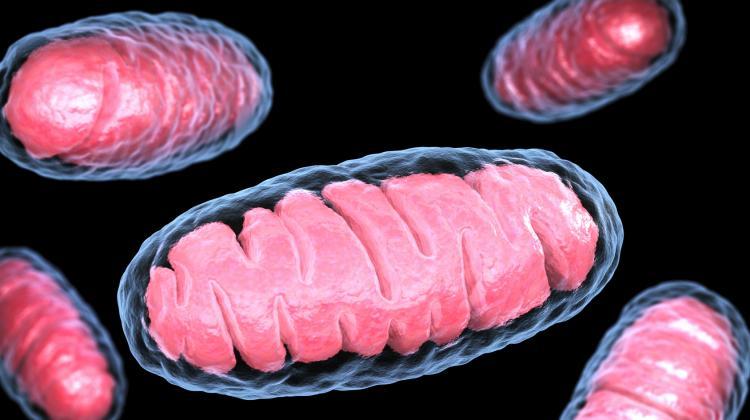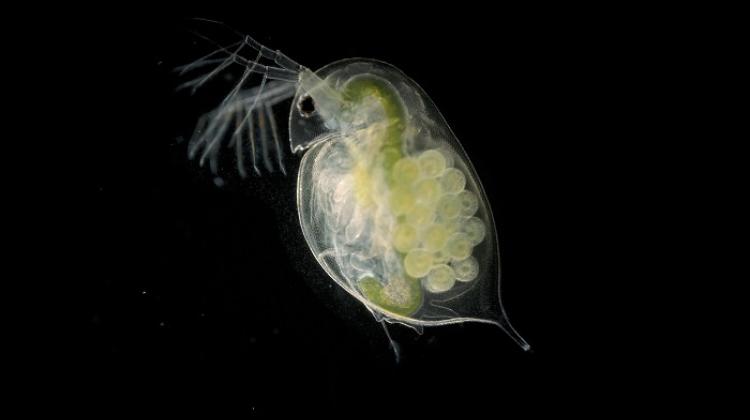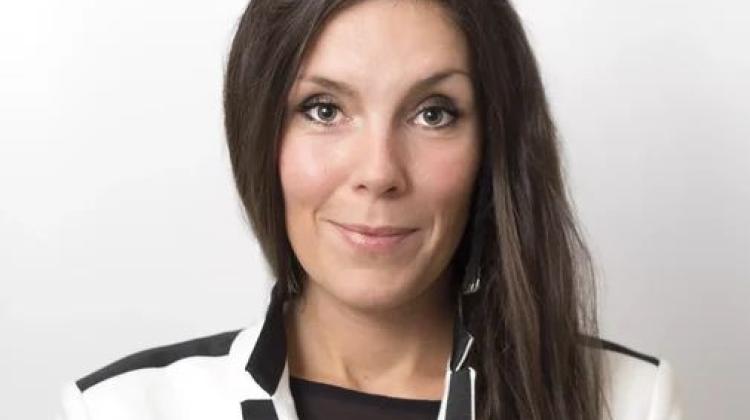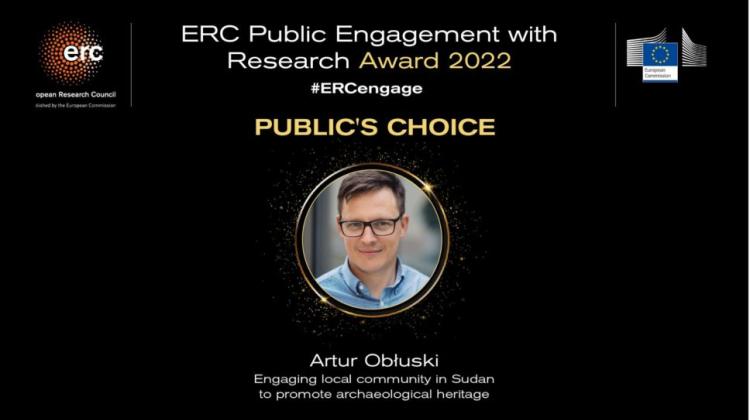ERC grant winner from Gdańsk will study tiny DNA repairmen
 Photo: Fotolia
Photo: Fotolia
Dr. Michał R. Szymański has won a prestigious European Research Council grant. He will receive EUR 1.5 million to study how the molecular mechanics responsible for exchanging mutated DNA fragments in mitochondria work.
Mitochondria are cellular power plants. We have hundreds or even thousands of them in each cell. It is in them that the sugar and fat that we eat are burned. The generated energy is used to create a certain compound - ATP. And ATP is like a charged universal battery that powers all those tiny motors that do the work in the cells.
Mitochondria are unique parts of the cell: they have their own DNA and their own mechanisms for producing proteins from it. But during the production of ATP, leaks often occur in these cellular power plants and free radicals that damage local DNA are formed. "In mitochondria, DNA mutations are ten times more frequent than in the cell nucleus, but as it turns out, they are very efficiently repaired" - says Dr. Michał Szymański from the Intercollegiate Faculty of Biotechnology of the University of Gdańsk and the Medical University of Gdańsk.
The researcher has just been awarded the prestigious Starting Grant worth 1.5 million euros from the European Research Council for the study of tiny mitochondrial DNA repairmen. The task of these molecular "handymen" is to find mutated DNA fragments and replace them with new fragments.
Without such proteins and enzymes, mitochondria would break down quickly. And if mitochondria do not work properly, mitochondrial diseases occur.
Dr. Szymański says that in his research he is interested in a repair complex, a set of at least 4-5 enzymes. "They are like a toolbox" - the ERC grant winner compares. He mentions that there is an enzyme that recognizes the mutation, an enzyme that cuts out the broken fragment, another one that adds the correct piece of DNA, as well as an enzyme that works like an adhesive and glues the old portion of DNA to the new one.
"If we can understand the mechanisms of DNA repair in mitochondria, it may be easier to understand the background of some mitochondrial diseases. Because these diseases occur when these mechanisms fail" - the biologist says.
He adds that researching these particular enzymes will be difficult as some of them are associated with the mitochondrial membrane. Isolating these proteins and learning about their work will therefore be much more difficult. The researcher wants to approach this topic from several sides.
Dr. Szymański says that he left Poland after graduating from high school. He studied in Houston in 2002-2007, he did his PhD at the University of Texas Medical Branch at Galveston, and then completed two post-doctoral fellowships. "In 2017, as a laureate of the Polonez and First TEAM grants of the Foundation for Polish Science, I returned to Poland to start working here" - he says.
Asked for advice for people who apply for ERC grants, the researcher says: "You have to ask bold questions. And don`t be afraid of them being bold". He adds that preparation for the project is important. "It`s worth discussing your idea with experienced colleagues" - he says. He admits that started thinking long ago about his project that brought him the ERC grant. "I tried to write the grant application three times. But I considered the first two attempts not good enough" - he recalls. Ultimately, the scientist refined his idea and won the grant.
Dr. Szymański mentions that committees evaluating grant candidates pay attention to whether the candidate is an independent researcher. The scientist`s mobility (the fact that he or she has already worked in several places) is also taken into account.
PAP - Science in Poland, Ludwika Tomala
kap/
tr. RL
Przed dodaniem komentarza prosimy o zapoznanie z Regulaminem forum serwisu Nauka w Polsce.



















